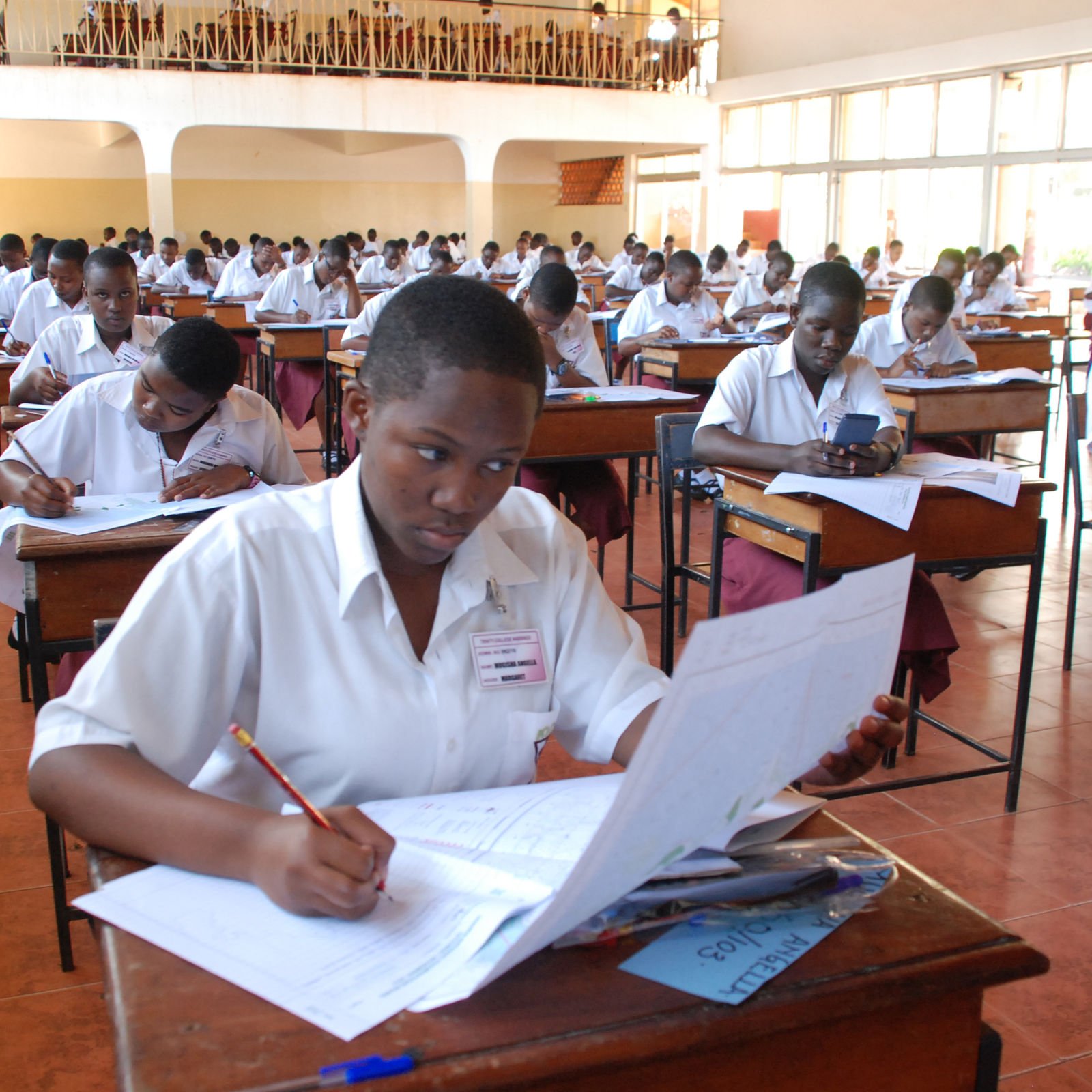The Senior Four National Examinations in Uganda, known as the Uganda Certificate of Education (UCE) exams, are a crucial academic milestone for students completing their lower secondary education. These exams have been traditionally held in the last quarter of each year, with the 2026 examinations expected to follow a similar pattern, starting in mid-October and running through mid-November. This blog post provides an in-depth look at the schedule for the 2026 exams and explains how the Uganda National Examinations Board (UNEB) will conduct the exams, helping students, parents, and educators prepare effectively.
When Will Senior Four Exams Be Held in 2026?
The exact dates for the 2026 Senior Four exams have not yet been officially released by UNEB, but based on historical data from the past few years, the exams typically begin with a candidates' briefing in early to mid-October. For example:
In 2024, Senior Four candidates were briefed on October 11, with the first examination paper commencing on October 14. The exams concluded around November 15.
In 2025, the briefing was scheduled for October 10, with students starting their exams on October 13.
Following this pattern, the 2026 examinations will likely start with a candidate briefing around the first or second week of October, with the first exam paper beginning soon after. The entire examination period generally spans about one month, concluding by mid-November. These well-established dates provide a reliable timeline for students to plan their revision and preparation.
Overview of the 2026 Examination Structure
The 2026 Senior Four exams are for students following the new Lower Secondary Curriculum (NLSC), which places emphasis on practical skills, critical thinking, and problem-solving abilities in addition to theoretical knowledge. UNEB has transitioned the UCE exams to align with this curriculum, marking a significant shift from the old content.
Here is how the examinations will be structured:
Examination Briefing: Before the exams start, UNEB holds a briefing for all candidates. This event is critical, ensuring students understand the examination rules, guidelines, and expectations to ensure fairness and integrity.
Multiple Papers: The exams consist of various papers in subjects such as Geography, Mathematics, Biology, Chemistry, Physics, English Language, History, and others. The order and scheduling of these subjects are set in UNEB’s official timetable, generally released a few weeks prior to the exams.
Two Sessions Daily: Exams are usually conducted in two sessions per day: a morning session starting around 9:00 AM and an afternoon session beginning at 2:00 PM. Each session has a strict start and end time.
Special Needs Accommodation: Candidates with special needs are granted additional time (45 extra minutes) to ensure an equal opportunity to complete their exams.
How Will the Exams Be Conducted?
The Uganda National Examinations Board maintains stringent procedures to guarantee the credibility and smooth running of the Senior Four exams:
Examination Centers: Exams take place at designated UNEB centers, typically schools pre-approved and equipped to handle national exams. Candidates must report with their exam permits and admission letters.
Invigilation: Each exam session is overseen by trained chief invigilators responsible for ensuring that examination protocols are followed meticulously. Leaving early, cheating, or any form of malpractice leads to strict disciplinary actions.
Security Measures: UNEB employs multiple security measures to prevent exam leaks and malpractice. This includes secure printing, controlled distribution of examination papers, and strict supervision on exam days.
Candidate Conduct: UNEB has a zero-tolerance policy for cheating or misconduct. Students caught in any form of malpractice risk immediate disqualification, cancellation of results, and legal consequences including arrest.
Assessment and Grading: Once exams are completed, scripts are collected and centrally marked. UNEB reports final results after thorough verification and moderation to maintain transparency and accuracy.
How Students Can Prepare for the 2026 Exams
Preparation is vital to success in the Senior Four exams under the new curriculum. Here are practical tips:
Understand the New Curriculum: Focus on both theory and practical knowledge. The new curriculum encourages application and critical thinking.
Utilize Mock Exams: Many online platforms offer mock exams similar to UNEB’s format. Practicing with mock papers helps students familiarize themselves with exam conditions.
Attend Revision Classes: Schools and private tutors often run targeted revision sessions before exams.
Plan Time Effectively: Create a study timetable breaking down subjects and topics to cover systematically before the exam month.
Consult Official Timetables: Always check the official UNEB examination timetable when released to know exact paper dates and times.
Importance of Integrity in Examinations
UNEB emphasizes integrity and responsibility during the examinations. Both students and schools share a joint responsibility to uphold exam security. Parents are also advised to support their children, ensure exam readiness, and discourage any malpractice.
Conclusion
The Senior Four examinations for 2026 are likely to kick off in mid-October, starting with a candidate briefing followed by a month-long period of rigorous national exams. With UNEB’s strict execution of the exam process, students must prepare thoroughly while adhering to examination rules. Understanding the timing, how exams are conducted, and best preparation strategies can greatly ease anxiety and pave the way for exam success.
Students and parents should stay alert for official updates from UNEB as the official timetable and guidelines for 2026 exams release closer to the examination period, usually around September or October. Preparing early and staying informed are the keys to success in these critical exams that mark an important academic milestone in Uganda's education system.





Leave a Reply